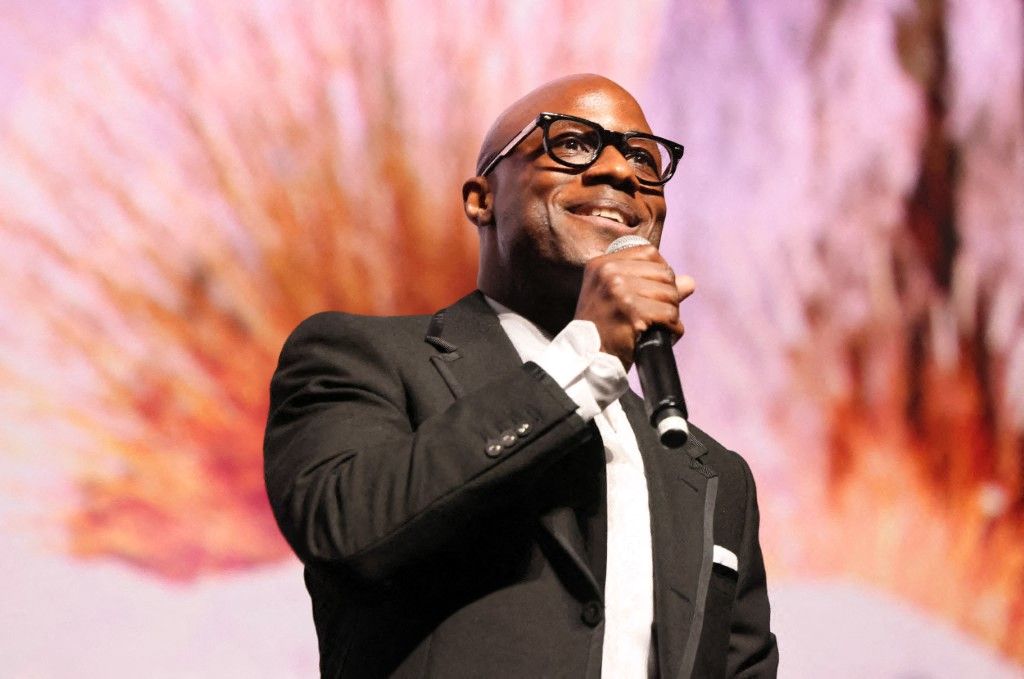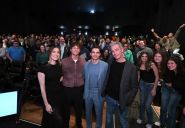
Recognizing striking similarities to his own work, Barry Jenkins was drawn to Mufasa: The Lion King after initially hesitating to take on the project. The film’s exploration of family, identity, and the impact of childhood mirrored themes that have defined his acclaimed career.
Oscar-winning director Barry Jenkins almost passed on the opportunity to direct Disney's latest blockbuster, Mufasa: The Lion King, a prequel to the iconic 1994 animated film. Initially hesitant, Jenkins changed his mind after his agents urged him to read the script. Upon doing so, he recognized that the film contained many of the themes that had defined his career, particularly those explored in his acclaimed 2016 drama, Moonlight.
Despite initial reservations, Jenkins realized that the core elements of Mufasa: The Lion King mirrored much of his own filmmaking. “It wasn't until I read the script that I realized. There were so many of the themes, so many of the character dynamics, so much of the journey that felt directly related to all the things I've been doing,” he said in an interview with AFP.
The animated film, set to be released in 3D next week in the U.S. and Europe, delves into the origin story of Mufasa, Simba’s father. The plot follows the young lion as he faces adversity after being separated from his family. He is eventually adopted by Taka’s pride, a compassionate heir to a different clan. While the original Lion King film explored family dynamics, revenge, and betrayal, Jenkins emphasized that the prequel extends these themes by focusing on the nature of parenting and the impact of childhood experiences.
“This film is about how the quality of parenting, the nature of parenting, this idea of nature versus nurture, how those things can impact so much,” Jenkins explained. He pointed to the character Taka, who eventually becomes the villain Scar, as a prime example of how circumstances can shape a person’s path. “Villains aren’t really born. They’re kind of created out of circumstances,” he said, drawing a parallel to his own exploration of identity and family in Moonlight.
Jenkins’ personal history has greatly influenced his filmmaking, particularly themes surrounding troubled childhoods and complex family relationships. Raised in a crime-ridden neighborhood in Miami, he grew up without a father, and his mother struggled with crack cocaine addiction. Much like Mufasa, Jenkins found strength and support through a surrogate family—his grandmother and a close-knit group of filmmakers he met over the years.
He explains that over the past 25 years, he has formed his own family from the cinematographers, editors, producers, and film school peers he has worked with. “They've become my family... It's a family I’ve built, not one I was born into. This family has profoundly impacted my life,” he said.
The Lion King remains one of the highest-grossing films of all time, with global sales nearing a billion dollars. The prequel features a cast that includes Aaron Pierre as Mufasa and Kelvin Harrison Jr. as Taka, while Beyoncé reprises her role as Nala, and her daughter Blue Ivy Carter makes her debut as the voice of Simba's daughter, Kiara.
With AFP



Comments